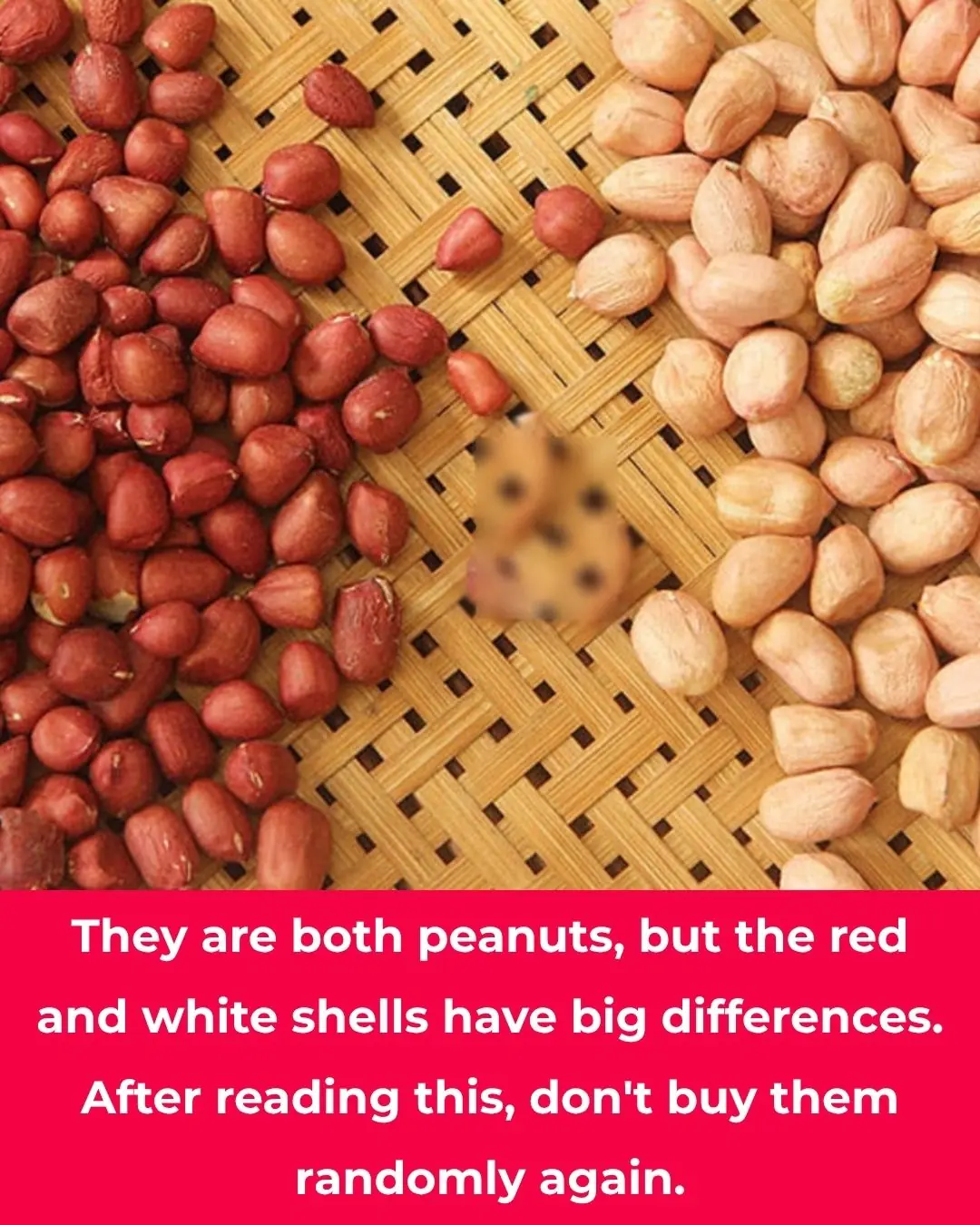
Eat cloves every day, but avoid this common mistake!
Today, let’s talk about a familiar spice that almost everyone has in their kitchen — clove — and how a few common mistakes can transform this ancient remedy into a real danger. Clove has been treasured for centuries in traditional medicine for its ability to ease pain, support heart health, and reduce inflammation. However, like many natural remedies, it’s a double-edged sword. When used correctly, it’s a wonderful ally for your health; but if used carelessly, it can become surprisingly harmful — especially for your liver. Understanding the right ways to use clove is the key to unlocking its benefits safely.
⚠️ The First Mistake: Confusing Numbness with an Allergy
When people think of clove, they often think of toothache relief. That’s usually where the first big mistake begins. Someone might try it for the first time by chewing a whole clove — just as a friend or the internet suggested. Within seconds, their tongue starts to feel numb and tingly, and they panic, assuming they’re having an allergic reaction. They spit it out, rinse their mouth, and vow never to touch cloves again.
But here’s the truth: that numb feeling is completely normal. Clove contains a natural compound called eugenol, its main active ingredient. Eugenol has a mild anesthetic effect — it blocks pain signals, much like some numbing agents used by dentists. The tingling or numbing usually lasts about 15–30 minutes and is limited to the area that touched the clove. A true allergic reaction is very different: it involves symptoms like swelling, hives, itching, or difficulty breathing.
By misunderstanding this natural numbing effect, many people miss out on one of the most potent anti-inflammatory and antioxidant spices in nature. Instead, they might spend large sums on supplements that offer similar benefits that a few cloves could provide for pennies.
To use clove safely for toothaches, place a single clove near the affected area or use a drop of diluted clove oil on a cotton ball. You’ll feel relief without risk — and you’ll know the difference between a helpful numbness and a harmful reaction.
⚠️ The Second Mistake: Storing Cloves the Wrong Way
Even the best cloves can lose their power if you don’t store them properly. Think of cloves as tiny medicine capsules filled with precious oil. Once exposed to light, heat, or moisture, those healing oils quickly fade away. In fact, cloves left in open air can lose up to half of their eugenol in just three months.
To preserve their strength, always store cloves in a dark glass jar or ceramic container, sealed tightly, and kept in a cool, dry place — away from the stove, sink, or direct sunlight. Whole cloves can last up to two years under these conditions, while ground cloves should be replaced every six months for best potency.
You can test your cloves easily: crush one and smell it. A strong, sharp, spicy aroma means it’s still powerful. A dull or woody scent means most of the eugenol is gone — and so are its health benefits.
Centuries ago, traders and healers understood this. In the 15th century, cloves were so valuable that merchants carried them in airtight boxes wrapped in cloth, protecting their oils like treasure. Today, because cloves are cheap and common, we’ve forgotten how fragile their power really is.
⚠️ The Third Mistake: Believing “More is Better”
This is where clove can go from hero to villain. Because it’s natural, many assume that using a lot is safe — but too much clove can seriously harm your liver.
The problem starts around 10 whole cloves a day, though sensitivity varies by person. Some people chew cloves constantly or brew extra-strong clove tea, thinking they’re boosting their health. But when the body gets overloaded with eugenol, it reacts fast. Early symptoms include heartburn, nausea, and diarrhea, as your body tries to eliminate the excess.
The real danger lies in the liver, the organ responsible for processing eugenol. In normal amounts, it handles it effortlessly. In large doses, the liver enzymes rise sharply, and in extreme cases, this can lead to liver inflammation or even failure.
So remember the golden rule: “Less is more.”
For general wellness, two whole cloves a day or one to two mild cups of clove tea is more than enough. You’ll gain the benefits without overwhelming your system.
⚠️ The Fourth Mistake: Mixing Cloves with Diabetes Medication
Cloves naturally help lower blood sugar — and that’s both a blessing and a risk. Eugenol increases your cells’ sensitivity to insulin, helping sugar enter cells more easily. This is great for people struggling with insulin resistance, but if you’re already taking medication like metformin, glyburide, or insulin, it can push your blood sugar too low.
Low blood sugar (hypoglycemia) causes dizziness, weakness, blurred vision, or even fainting. So, if you have diabetes or pre-diabetes, consult your doctor before using clove regularly. With medical supervision, you can safely combine the two — adjusting your medication or clove intake as needed.
The irony is that cloves, which can help control metabolic problems, can also worsen them if used recklessly. The solution isn’t to avoid cloves — it’s to use them with respect and awareness.
⚠️ The Fifth Mistake: Treating Clove as a Tooth Cure
Clove can relieve tooth pain, but it doesn’t cure the problem. Its eugenol acts as a painkiller and antiseptic, numbing nerves and killing bacteria on the surface. That’s why many dentists use eugenol-based pastes after certain treatments. However, people often mistake the temporary relief for healing.
Many dentists share stories of patients who used cloves to numb pain for months instead of getting treatment. What started as a small cavity becomes a deep infection that reaches the root or even the bone. Clove’s effectiveness at hiding pain is exactly what makes it risky if overused.
So remember: cloves are for relief, not repair. Use them while waiting for a dental appointment, not instead of one.
⚠️ The Sixth Mistake: Misusing Clove Essential Oil
Among all clove mistakes, this one is the most dangerous. Clove essential oil isn’t just concentrated spice — it’s ultra-concentrated eugenol, almost like chemical-grade extract. One drop of pure clove oil equals roughly 70 cloves in potency.
Applying it undiluted to your skin can cause severe burns or irritation. Always dilute one drop in 10 ml (2 teaspoons) of a carrier oil such as coconut, almond, or jojoba. This 1% dilution is safe for topical use.
But the biggest mistake is swallowing clove essential oil. Even tiny amounts can cause acute liver toxicity. Your liver simply cannot process such a massive surge of eugenol at once. Within hours, liver enzymes skyrocket and tissue damage begins. There are documented cases of liver failure from ingesting small quantities of clove oil.
Ancient healers never had this problem because they used plants in their natural, balanced form. Modern extraction technology gives us stronger tools — but also stronger responsibilities. Clove oil is best reserved for aromatherapy, diluted massage blends, or cleaning solutions — never for swallowing.
⚠️ The Seventh Mistake: Ignoring Drug Interactions
Cloves can thin your blood slightly, improving circulation and preventing clots. In moderate amounts, that’s beneficial. But if you’re taking blood-thinning medications such as warfarin, aspirin, or clopidogrel, or preparing for surgery, the combination can become dangerous. It increases your risk of excessive bleeding during or after a procedure.
Cloves also interact with other natural blood thinners like garlic, ginger, cinnamon, ginkgo biloba, and high doses of vitamin E. People often think that natural remedies don’t count as medicine — but your body doesn’t care whether a substance is “natural” or “synthetic.” Chemistry is chemistry, and everything interacts inside your body.
So, always inform your doctor about any herbal supplements, spices, or oils you use regularly — especially before surgery or when taking medication.
✅ The Bottom Line
Clove is a wonderful gift from nature — a powerful anti-inflammatory, antioxidant, and pain reliever that deserves respect. Used wisely, it supports your heart, liver, and overall health. But used carelessly, it can harm the very organs it’s meant to protect.
To stay safe, remember these simple principles:
-
Use whole or ground cloves in moderation — a little goes a long way.
-
Store them correctly to preserve their healing oils.
-
Avoid swallowing essential oil, ever.
-
Talk to your doctor if you’re on medication, especially for blood sugar or blood thinning.
Nature provides amazing remedies, but it also demands understanding. Treat clove with care, and it will reward you with centuries of wisdom and health — just as it did for our ancestors.
News in the same category

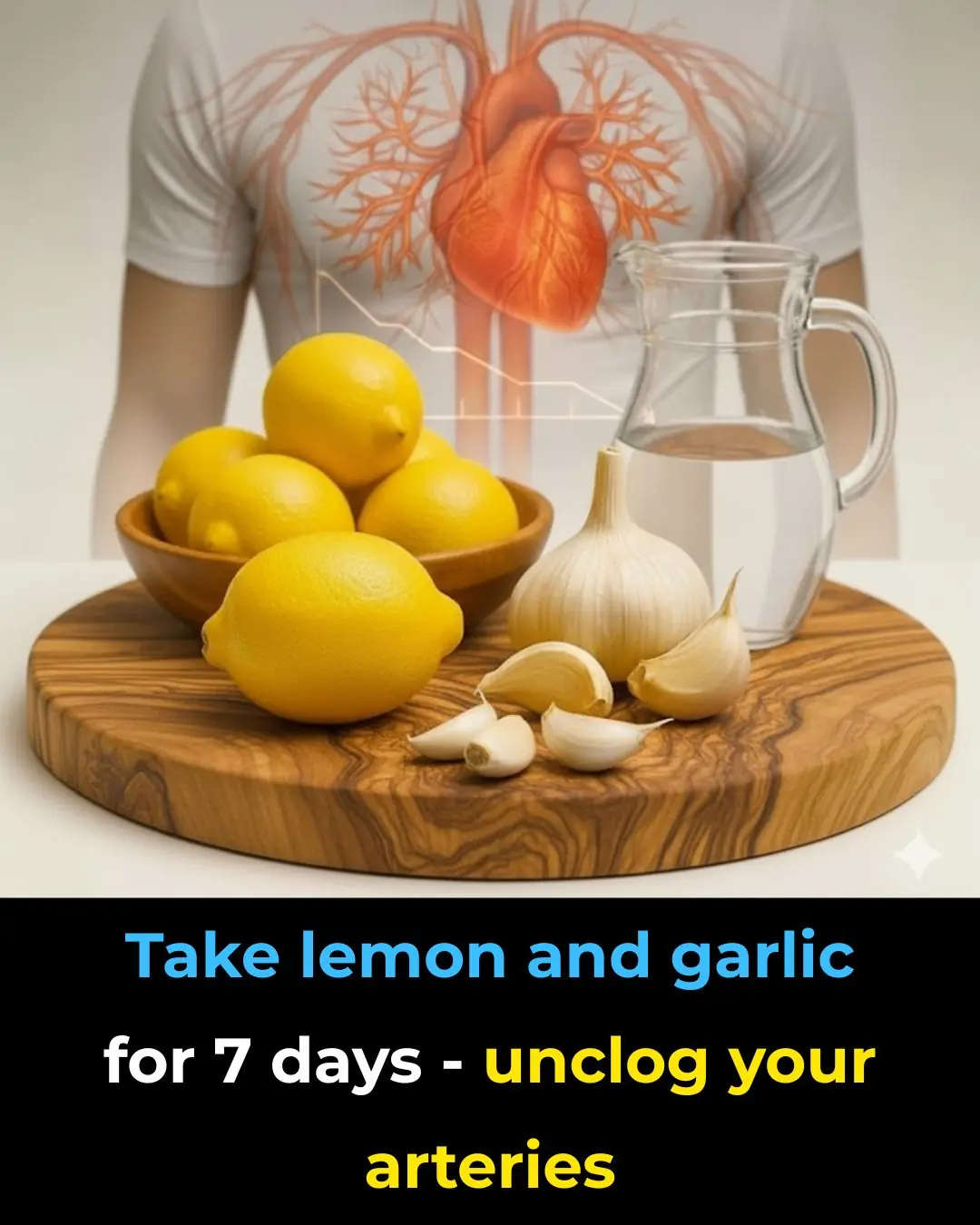
Take lemon and garlic on an empty stomach for 7 days — unclog your arteries

Put these two under your tongue to stop inflammation fast
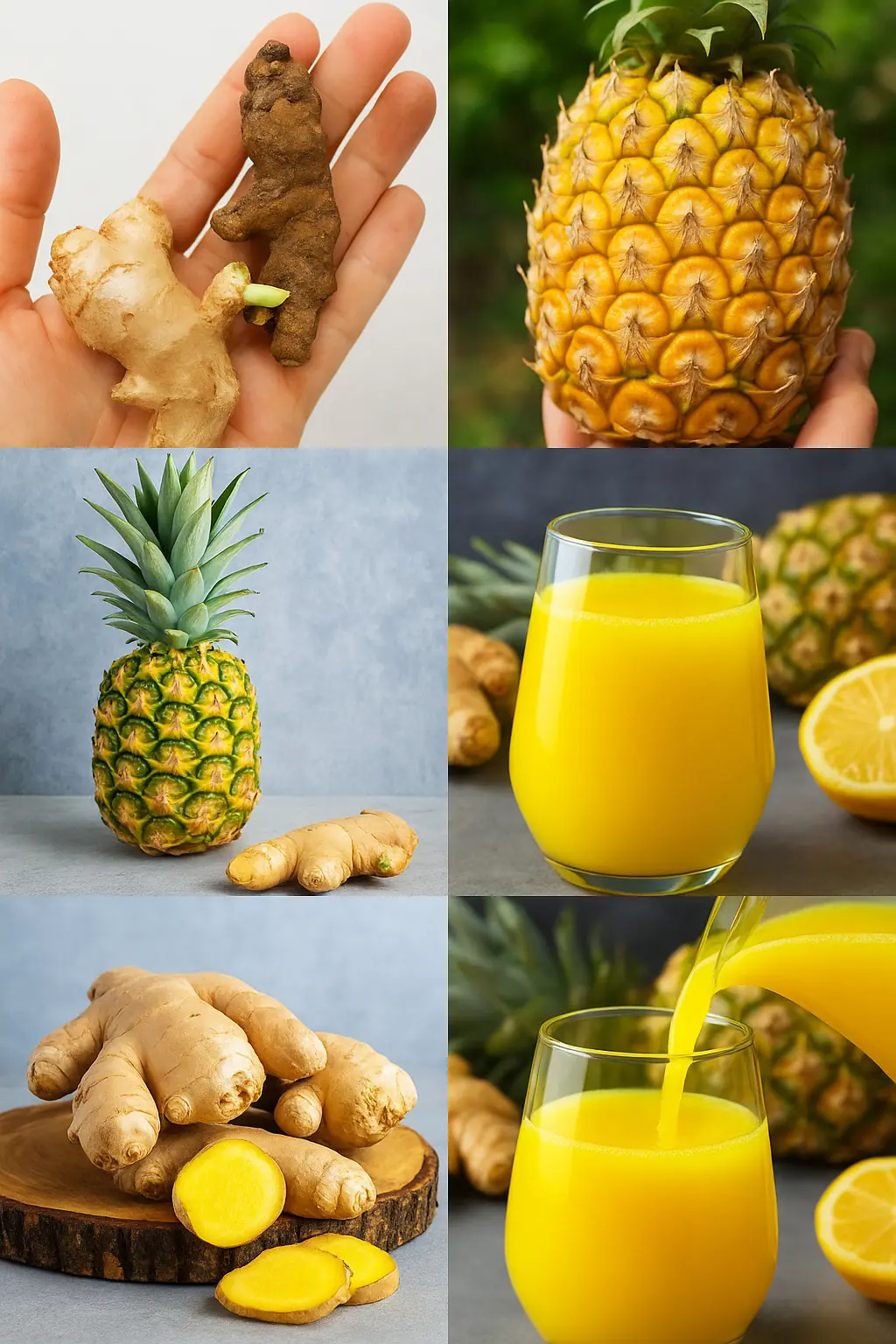
Powerful Natural Blend for Men Over 40: Restore Strength and Vitality Naturally
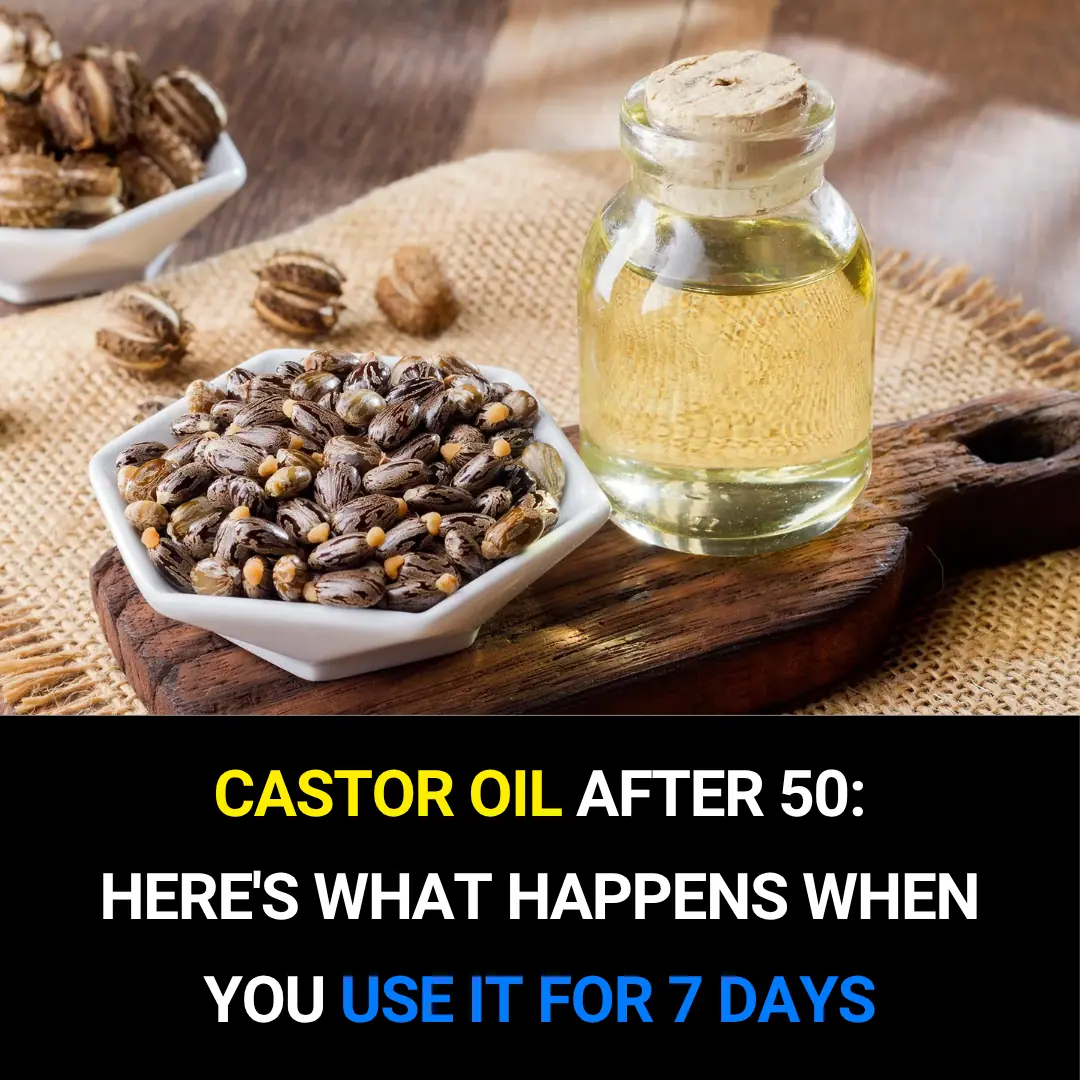
Castor Oil After 50: Here’s What Happens After 7 Days of Use! 🌿✨

Unlock the Secret Benefits of Olive Oil 🌿✨

Mix One Ingredient With Orange Juice To Flush Toxic Buildup From The Lungs

Nine-Year Study Finally Clarifies the Link Between Sugar and Cancer

Doctors warn: 4 everyday habits quietly driving heart failure deaths higher — and what to do about it

See What Happens When You Drink Coffee On An Empty Stomach

Eat this to activate 5x more stem cells and repair nerve damage faster — no $20k shot

🌿 Natural Ways to Fight Bad Breath & Tonsil Stones — Safely and Effectively

Canadian Researchers Discover New Evidence That Vitamin D Shuts Down Cancer Cells

Eat this to activate 5x more stem cells and repair nerve damage faster — no $20k shot

4 Amazing Benefits Of Cloves For Skin & Hair

Best Natural Home Remedies To Safely Remove Skin Tags

Natural Ways For Breast Enhancement

The Golden Morning Elixir That Melts Joint Pain Like Butter – One Cup Daily Unlocks Pain-Free Movement in Just Days!

The one thing 98.7% of people do to lower blood pressure without medication
News Post
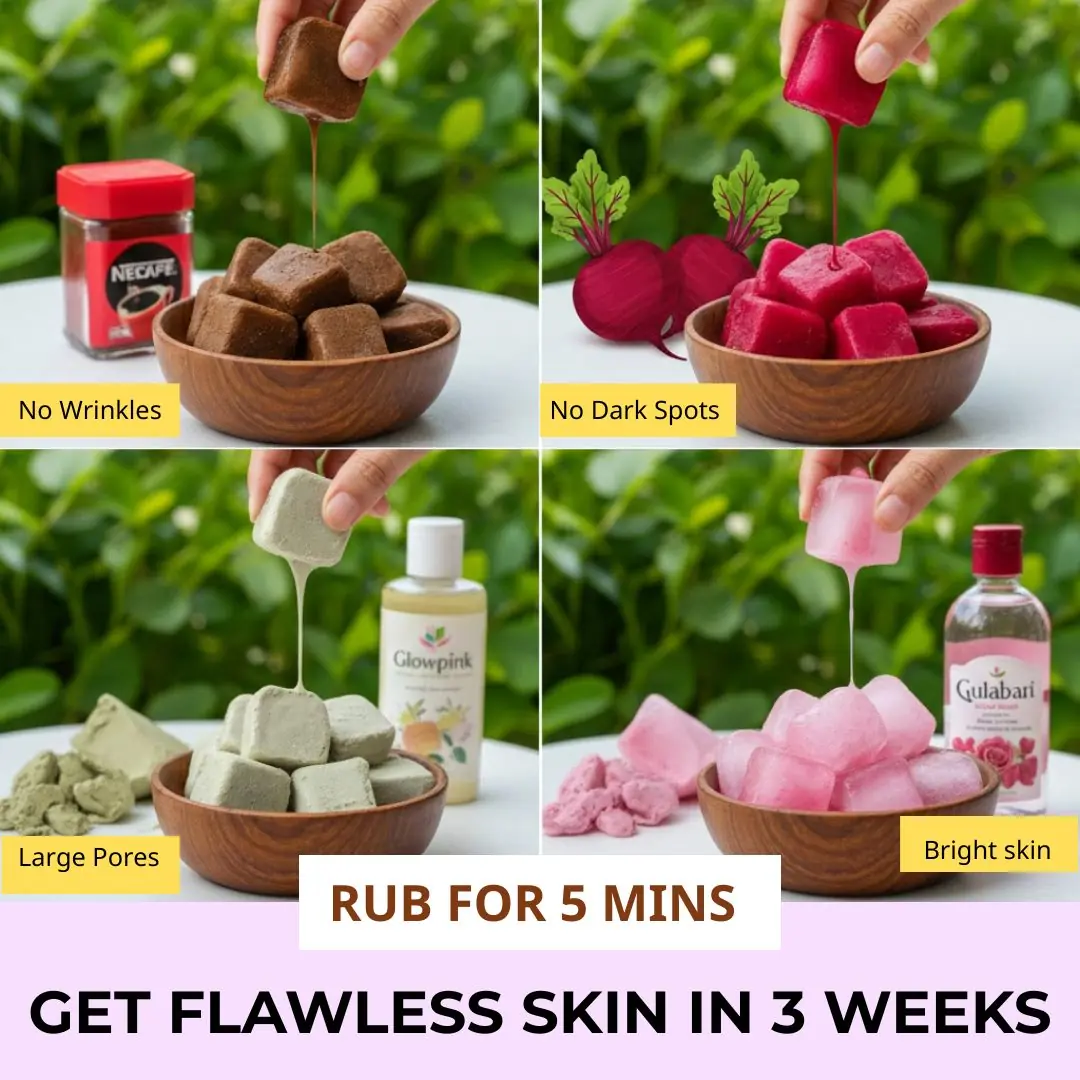
10 DIY Beauty Cubes for Beautiful & Flawless Skin

Help! My 8-year-old was bitten by this strange bug, and I’m really worried. My sister-in-law nearby has seen similar ones. Any idea what it is?

You’re doing it all wrong. Here’s the right way to wash pillows

7 Best Ways To Use Lemon For Beautiful Skin
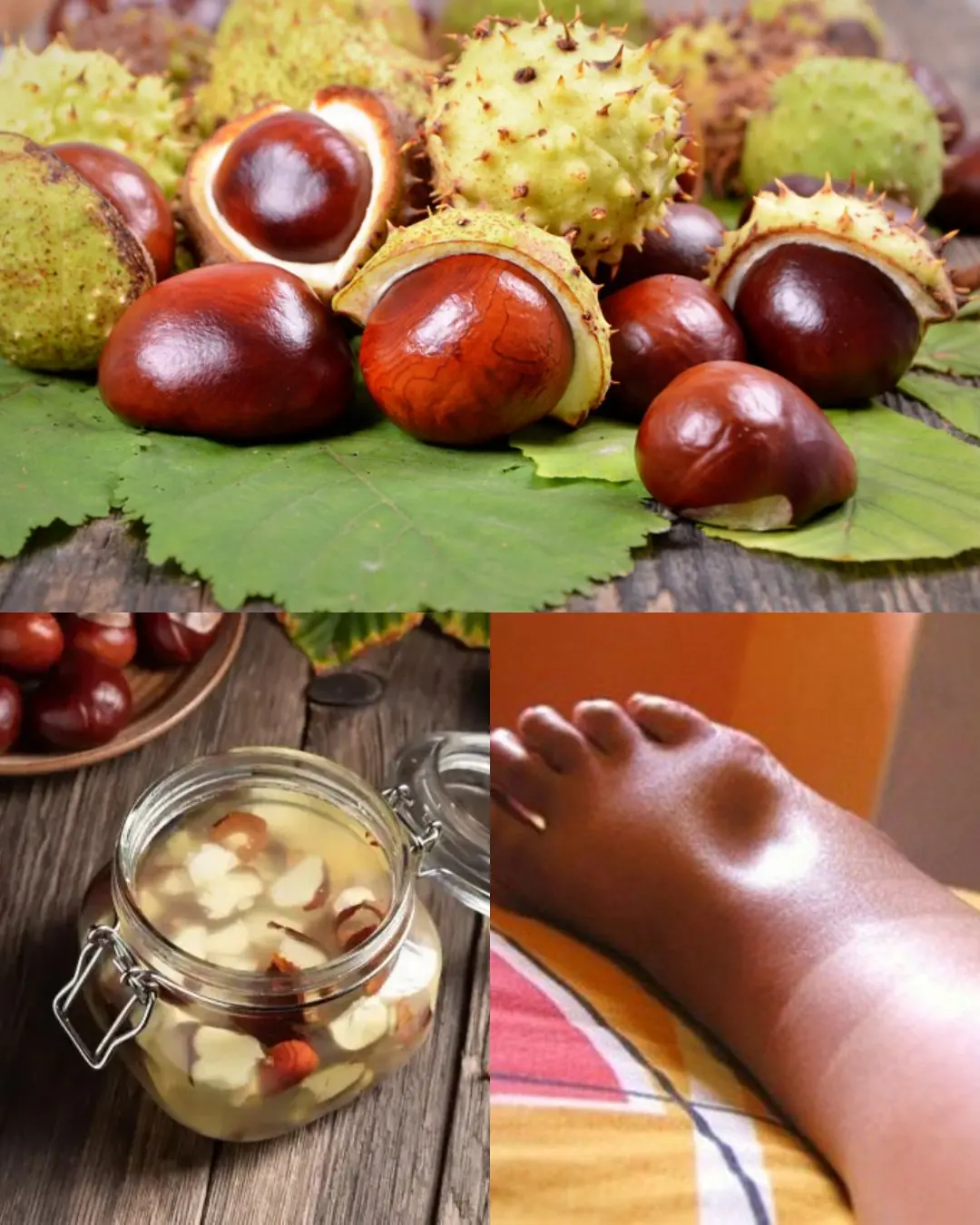
Horse Chestnut: The Strongest Natural Remedy for Swollen Legs and More…
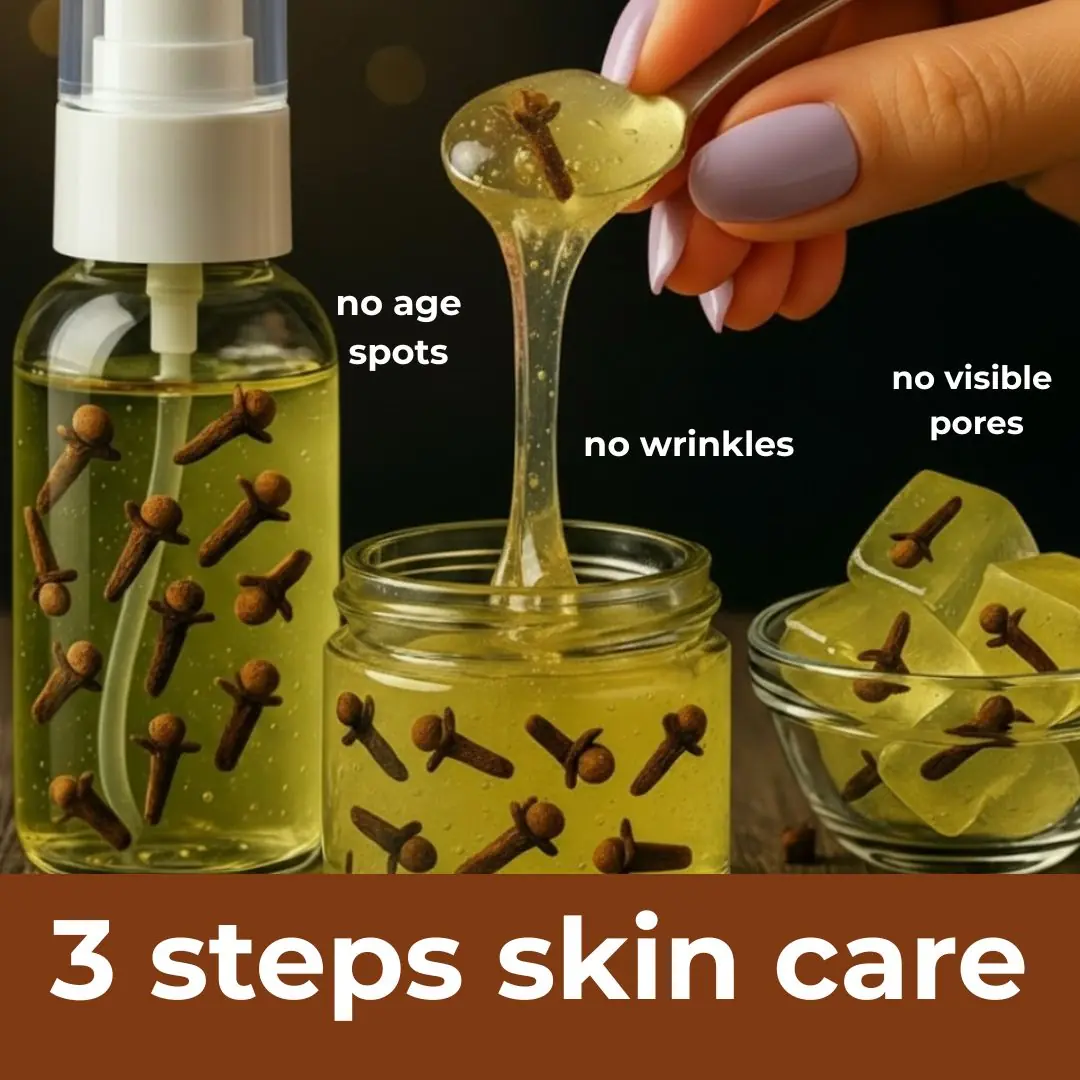
3 Steps Night Skin Care With Cloves
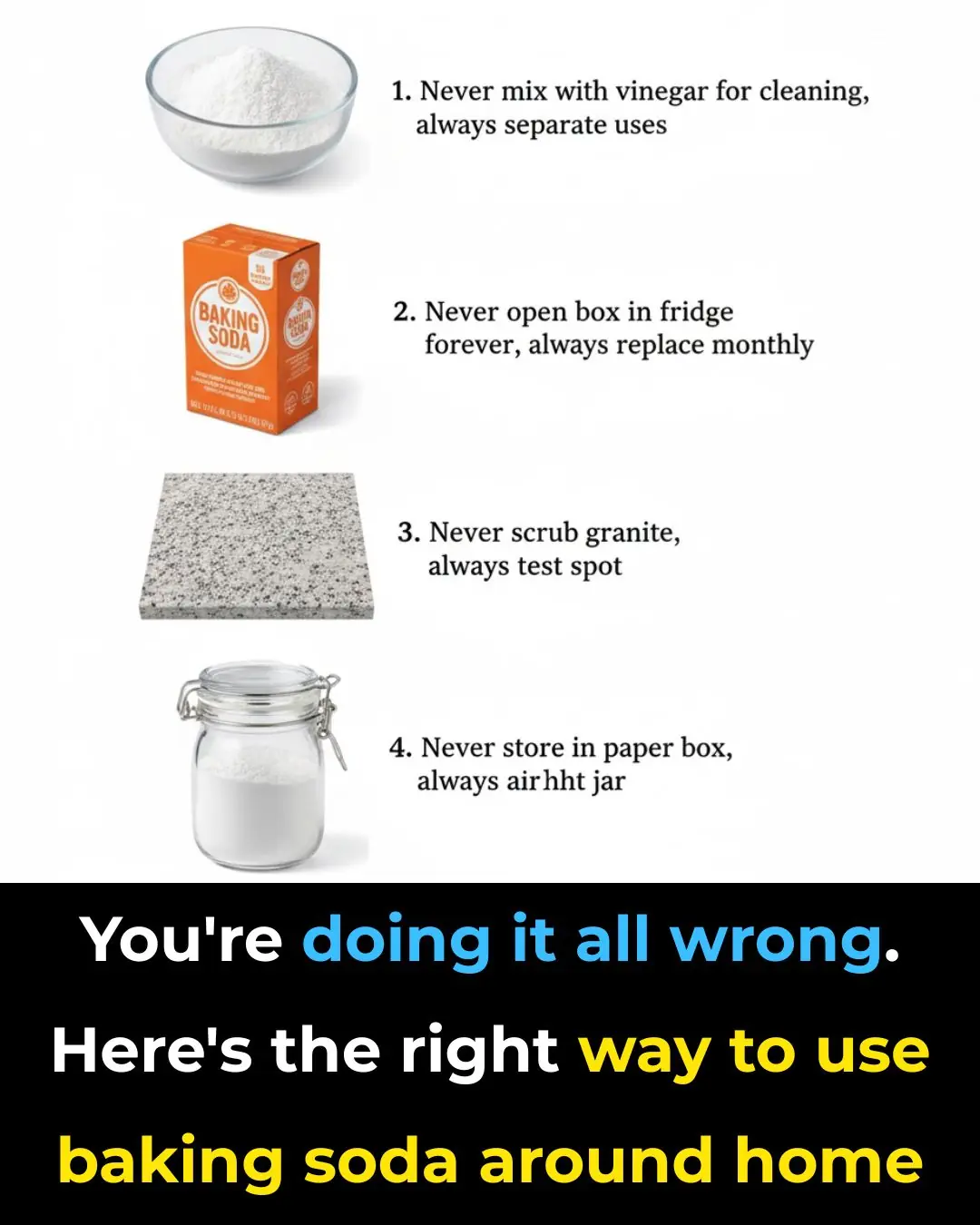
These ideas are brilliant
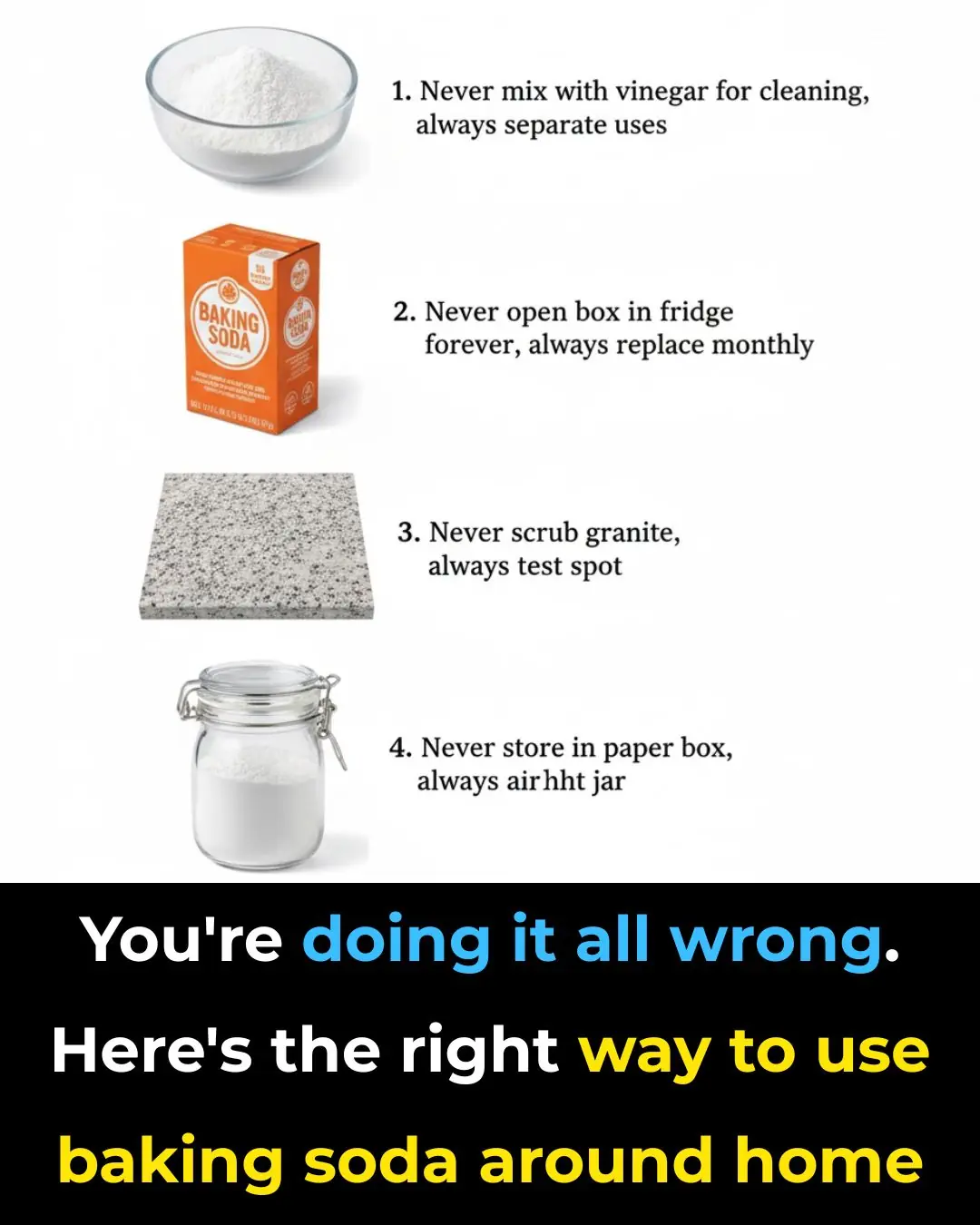
You’re doing it all wrong. Here’s the right way to use baking soda around home

Keeping these 4 things on your bedside table can easily cause insomnia and hair loss

You’re doing it all wrong. Here’s the right way to unclog a drain

Old Doctor’s Remedy: Almond Milk with Cloves Treats 15 Health Problems in Just 1 Week

Most do this wrong. 10 things that make mold grow faster

Doctors reveal that eating okra causes...

Take lemon and garlic on an empty stomach for 7 days — unclog your arteries

Put these two under your tongue to stop inflammation fast
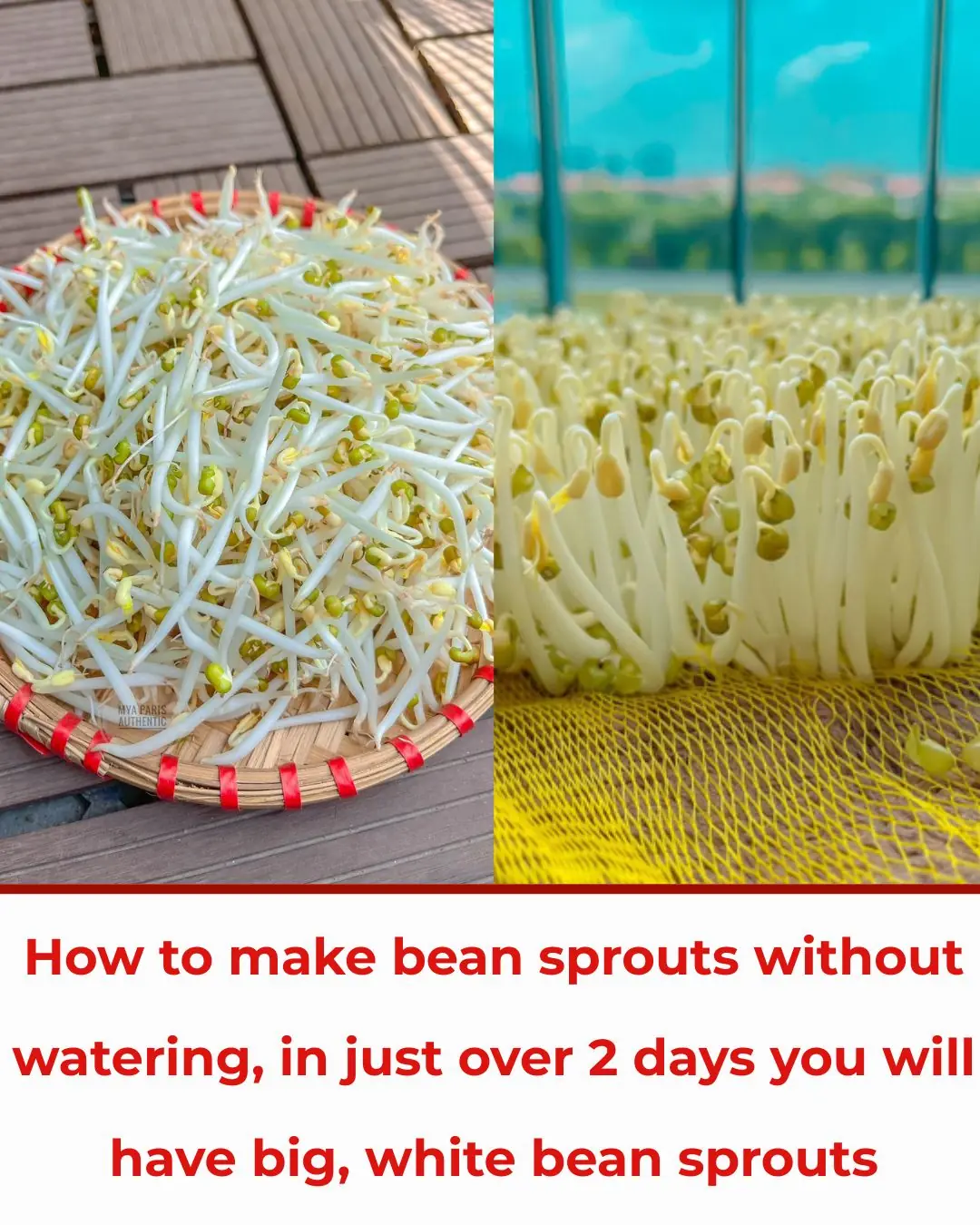
How to make bean sprouts without watering, in just over 2 days you will have big, white bean sprouts

The 'immortality' vegetable grows wild in gardens and is extremely good for the lungs, but Vietnamese people dislike its strange smell so they rarely use it.
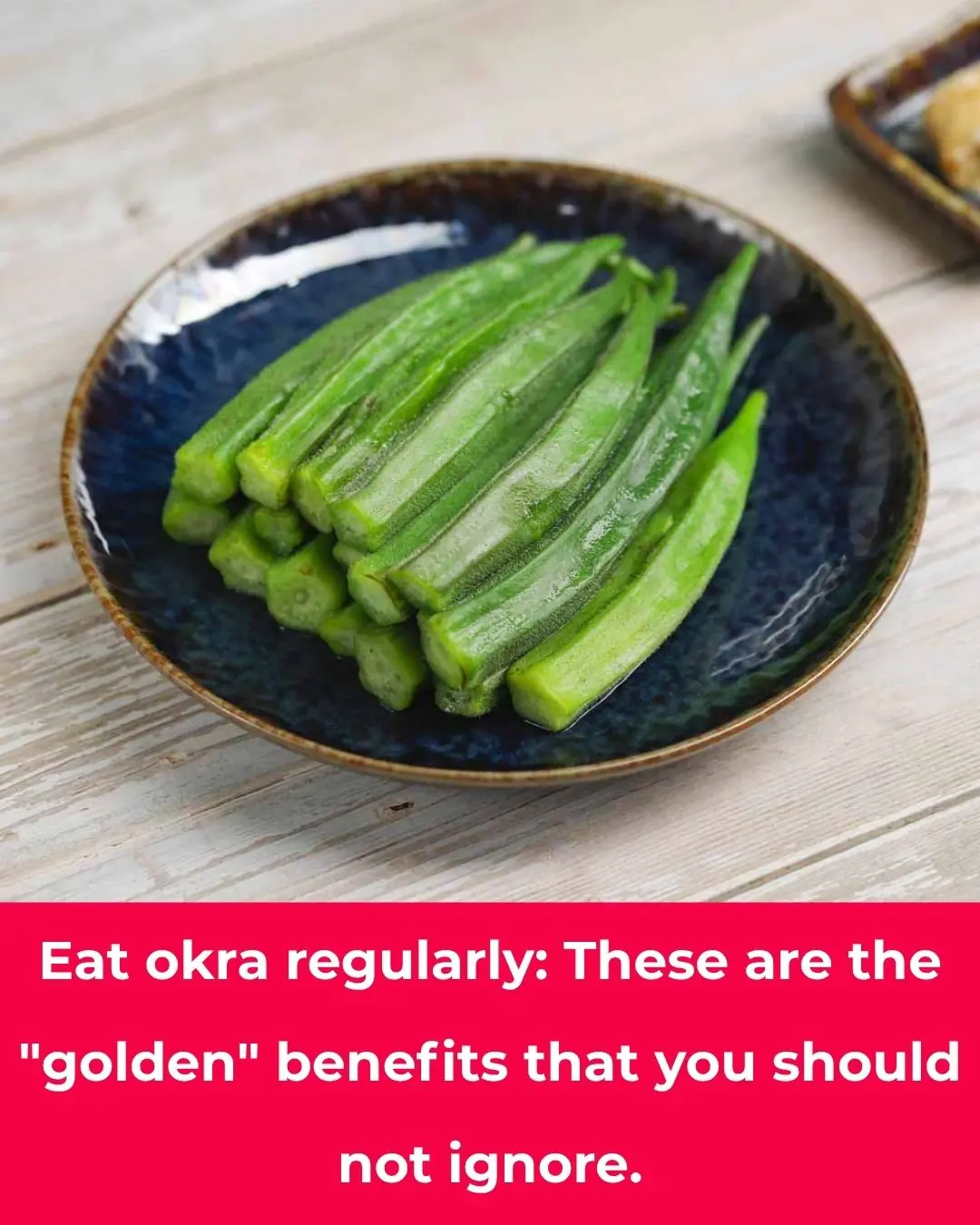
Eat okra regularly: These are the "golden" benefits that you should not ignore.
